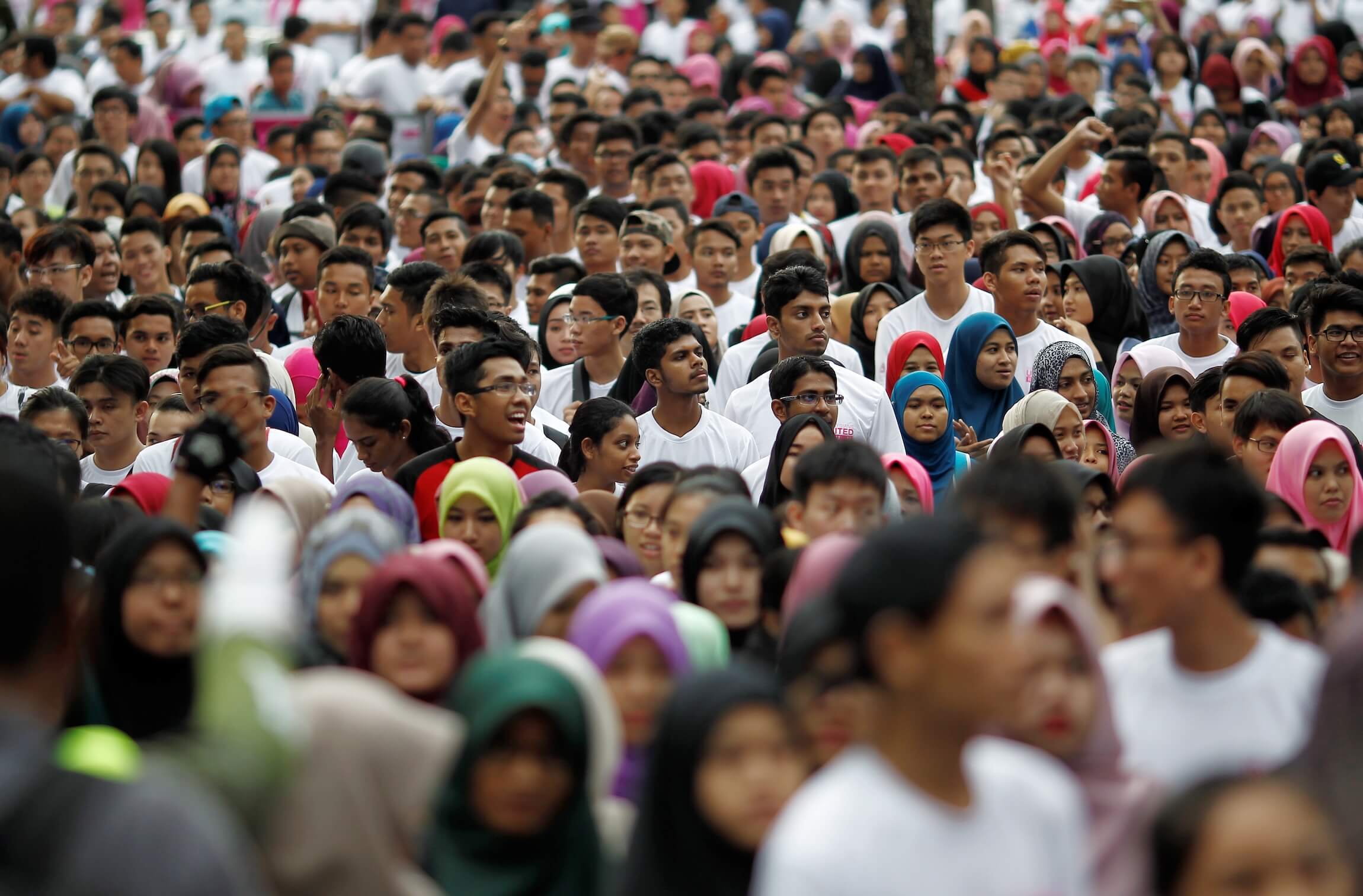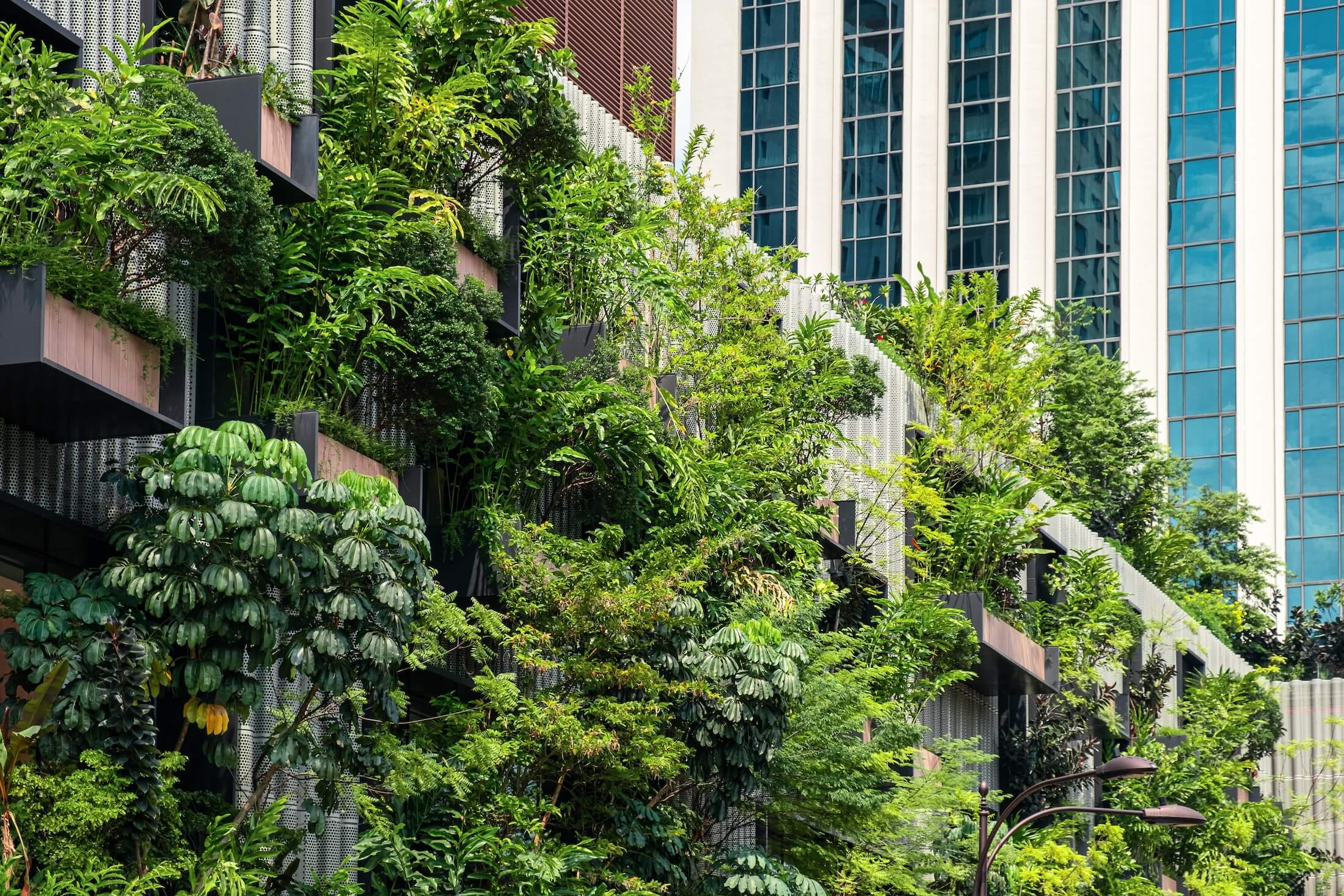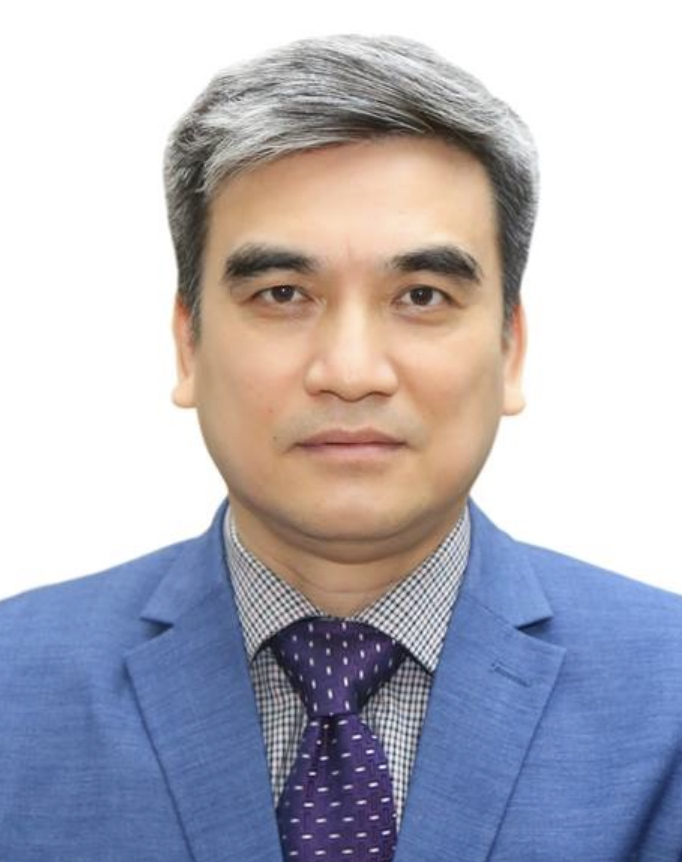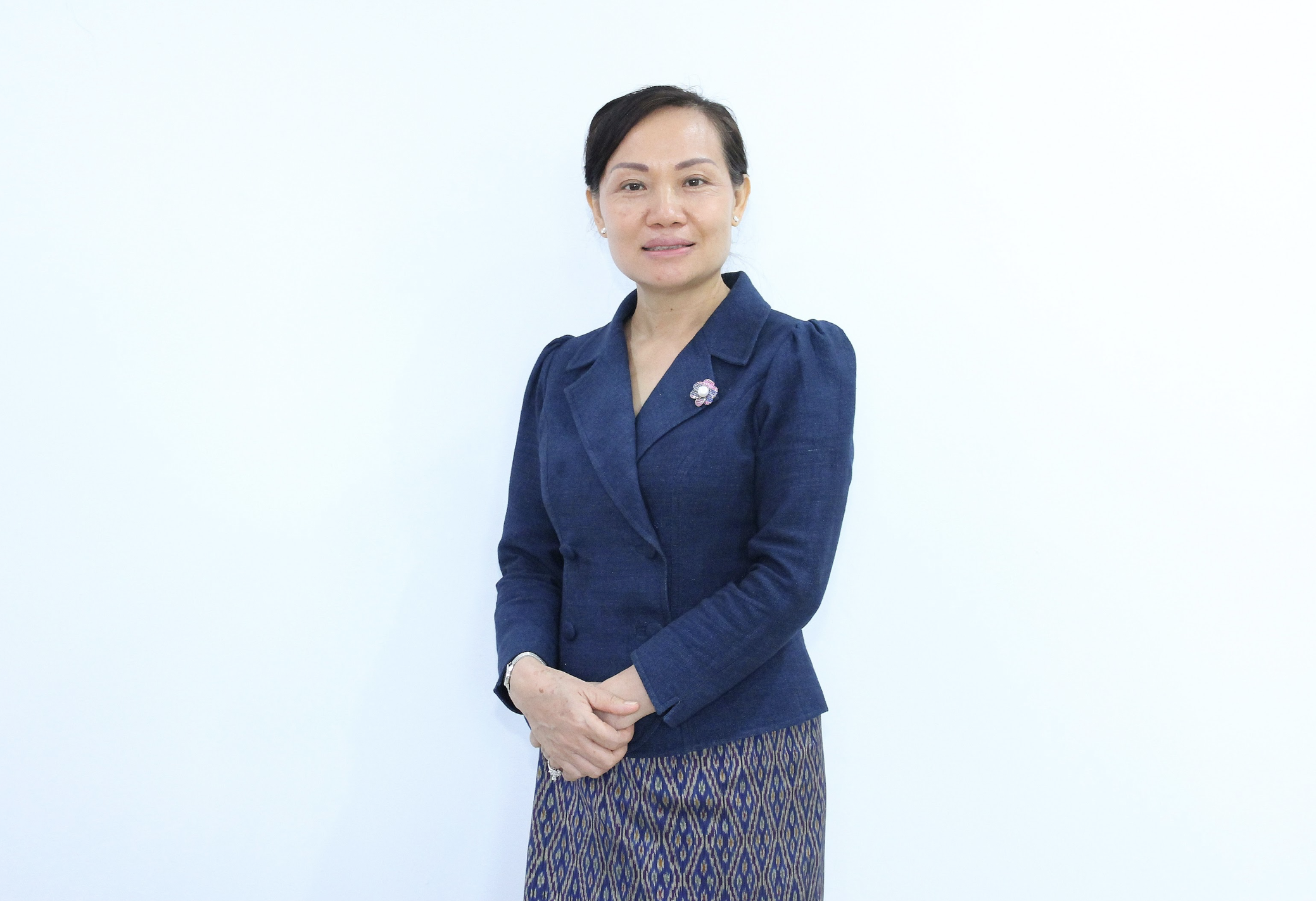


MALAYSIA ASEAN CHAIRMANSHIP 2025
INCLUSIVITY AND SUSTAINABILITY
On 1 January 2025, Malaysia assumed the Chairmanship of ASEAN for the fifth time, marking a decade since its last leadership role. Coincidentally, this year marks the end of the ASEAN Community Vision 2025, launched at the 27th ASEAN Summit during Malaysia’s 2015 Chairmanship. History repeats itself. In 2025, ASEAN will commemorate the tenth anniversary of the formal establishment of the ASEAN Community guided by the 2025 Vision and its Blueprints as well as the Master Plan on ASEAN Connectivity 2025; ASEAN will adopt the ASEAN Community Vision 2045 in Kuala Lumpur, Malaysia during the 46th Summit.
The Prime Minister of Malaysia, Anwar Ibrahim, received the ASEAN Chairmanship baton from Lao PDR Prime Minister Sonexay Siphandone during the Closing Ceremony of the 44th and 45th ASEAN Summits and Related Summits in Vientiane on 11 October 2024. During the handover, PM Anwar expressed Malaysia’s aspiration for truly shared progress, ensuring no one is left behind. He also underscored Malaysia’s commitment towards strengthening regional peace, stability, and prosperity. Malaysia will also aim to fortify ASEAN centrality and promote strategic trust amongst nations through dialogues, diplomacy, and goodwill towards regional community-building efforts.
In this regard, the theme for Malaysia’s chairmanship is “Inclusivity and Sustainability”—two significant values drawn from Malaysia’s MADANI concept based on sustainability, prosperity, innovation, respect, trust, and compassion. The value proposition is simple yet encapsulates the essence of ASEAN and what this region needs. Collectively, ASEAN’s 680 million diverse population is the third largest globally. In 2023, ASEAN’s economy reached a nominal GDP of 3.8 trillion US dollars, positioning it as the fifth largest in the world and the third largest in Asia. In the same year, ASEAN nominal GDP per capita stood at 5,794 US dollars, a notable 37.6 per cent increase from 2015.

ASCC 2025: What’s in it for ASEAN?
Much has been achieved together, by the people, and for the people of ASEAN. Inclusivity and sustainability are interdependent and mutually reinforcing, and they will be ingrained across all three pillars of the ASEAN Community.
The ASEAN Socio-Cultural Community (ASCC) is one of the three and accorded the “people’s pillar.” ASCC commits to improving people’s quality of life through people-oriented and people-centred cooperative initiatives. The ASCC continues to intensify regional cooperation towards realising human development fully, resilience, and sustainable development across the 15 sectors covering a wide range of areas, such as culture and information; education, youth and sports; social welfare and development; children, women and gender; labour; civil service; rural development and poverty eradication; environment and transboundary haze; disaster management and humanitarian assistance; and health.
The Ministry of Tourism, Arts and Culture, Malaysia (MOTAC), as Chair of the ASEAN Socio-Cultural Community (ASCC) Council, now leads the pillar’s initiatives that have always espoused inclusivity and sustainability.
Malaysia also spearheads the culture and arts sector, assuming the ASEAN Ministers Responsible for Culture and Arts (AMCA) chairmanship in October 2024. The 11th AMCA’s priorities align with ASEAN’s 2025 theme of inclusivity and sustainability in one way or another. Themed “Bridging cultures, building futures: Unity in diversity,” Malaysia’s AMCA chairmanship underlines the pivotal role of culture and arts in promoting inclusive and sustainable development towards strengthening ASEAN’s solidarity. Malaysia has initiated several initiatives that have advanced ASEAN’s culture and arts sector, encouraging collaboration, innovation, and youth empowerment to shape the region’s future. Melaka, one of the eight ASEAN Cities of Culture for 2024-2026, will host a series of cultural activities, including the International Culture and Arts Festival (ICAF), commemorating Malaysia’s ASEAN chairmanship. An ASEAN Youth and Heritage Forum was also organised.
Priority areas and deliverables
The key events of Malaysia’s ASEAN chairmanship will be the two ASEAN Summits and the inaugural ASEAN conference with the Gulf Cooperation Council (GCC) Plus China. As for ASCC, the highlights will be the two ASCC Council Meetings. The first edition will be held in Kuching, Sarawak, and the second in Kuala Lumpur. To progress Malaysia’s socio-cultural integration agenda, the plan has over 100 meetings and programmes at different levels (working groups, senior officials, and ministers) across various ministries. In ensuring that no state is left behind in reaping the socio-economic benefits of Malaysia’s chairmanship, Malaysia aims to spread the meeting venues across all states in Peninsular Malaysia, Sabah, and Sarawak.

For the ASCC, which MOTAC, together with the other line ministries, is responsible for, we have clustered our ASCC priorities into five areas: culture and heritage; artificial intelligence, digitalisation, and green jobs; health; youth and sports potential; and climate action for stewardship, partnership, and ownership.
We will work on creating value for culture and heritage by enhancing ASEAN identity awareness, increasing its relevance and appreciation of cultural and creative industries, and safeguarding cultural heritage.
As for future-proofing skills and talents for ASEAN, Artificial Intelligence (AI), digitalisation, and green jobs will be prioritised to accelerate the implementation of the UN Sustainable Development Goals or SDGs towards growth and people’s well-being. Under health, good nutrition and food safety will be promoted together with efforts to enhance regional preparedness and response to public health emergencies. As Malaysia advocates strongly for unity in diversity, emphasis will be placed on innovation and engagement in youth sports activities. The region will continue to call for climate action; hence, climate adaptation and mitigation efforts will be fostered while complementing the ASEAN Working Group on Climate Change Action Plan, particularly on disaster management, disaster reduction and resilience-building. Details will be unveiled as we go through the consultation and endorsement processes under the ASEAN mechanism accordingly.
At this juncture, we cannot ascertain the number of outcome documents and actual activities to be delivered under the ASCC 2025. However, I can shed some light on one of the expected deliverables under the Senior Officials Meeting on Culture and Arts (SOMCA). All ASEAN Member States recognised the vitality and potential of the ASEAN Creative Economy’s contribution to amplify appreciation of our rich cultural heritage and build a shared future of inclusive economic growth and socio-cultural development.
To this end, Malaysia is steering efforts to accelerate the realisation of the ASEAN Creative Economy through various initiatives. These include an ASEAN Creative Economy Symposium, which will be held in February 2025 in partnership with the UK and supported by the ASEAN Secretariat. Building on the Siem Reap Declaration on Promoting a Creative and Adaptive ASEAN Community to Support the Cultural and Creative Economy adopted in 2022, an ASEAN Creative Economy Sustainability Framework will be established.
ASCC Post-2025 Strategic Plan
Supported by sectoral work plans such as the ASEAN Strategic Plan for Culture and Arts (2016-2025) and the ongoing end-term review of existing master plans and blueprints such as the ASCC Blueprint 2025, the Ad Hoc Working Group (AHWG) to Develop the ASCC Post-2025 Strategic Plan has had eight meetings and several interfaces with the High-Level Task Force thus far.
Since the beginning of the Strategic Plan drafting sessions, stakeholder consultations, deployment of the ASCC survey, and utilisation of research findings, the AHWG has made significant progress in developing the 20-year plan. The finalisation of the first draft of the ASCC Post-2025 Strategic Plan will form the narrative version of the plan to be adopted at the 46th ASEAN Summit in Kuala Lumpur. The ASCC Post-2025 Results Framework will be developed in parallel with the Strategic Plan.
The ASEAN Member States look forward to the substantive discussion ahead to develop the new ASEAN Strategic Plan for Culture and Arts (2026-2035) that will consider the opportunities and challenges for regional cooperation in the culture and arts sector. The Malaysian government and its people are determined to drive ASEAN’s agenda and navigate ASEAN in the VUCA world during Malaysia’s chairmanship. The continued support and cooperation from all ASEAN Member States and external partners will be crucial, and I trust that the positive impacts will leave a legacy even after 2025.
As the 2025 Chair of the ASEAN Socio-Cultural Community Council, I wish to take this opportunity to welcome everyone to Malaysia Truly Asia in 2025 and Visit Malaysia in 2026.








